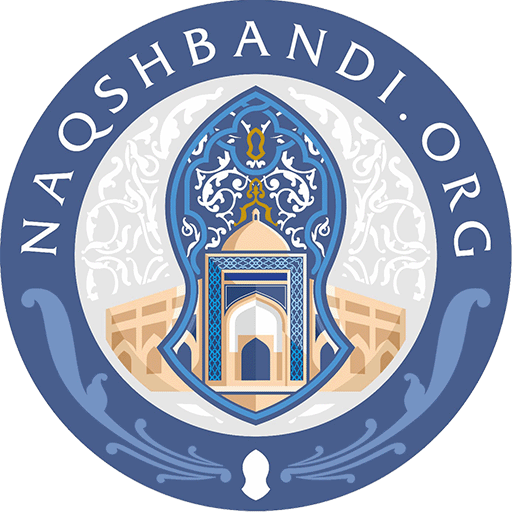تفوق الخدمة
Shah Naqshband’s benevolence in private and public marked his way. He said,
“One time I went to the school of Qutb ad-Din as-Sadr in Samar. I found there four people with very high fevers. I began to serve them, cleaning their clothes and feeding them, until I too became infected with the same fever. This didn’t stop me from serving them. The fever in me increased and increased until I felt that I was going to die. I made an oath to myself, ‘Let me die, but let these four people be served.’ I continued to serve them. The next day I found myself completely cured, while they were still sick.”
وقال:
“To help and serve people, in the understanding of this Way, is better than Dhikr and meditation. Some people think that to do the supererogatory Sunnas is better than serving and helping those in need. It is our view, however, that to take care of people and to help them and to show them love is better than anything else.”
In this regard, Shah Naqshband ق used to say:
“We love to serve, not to be served. When we serve, Allah is happy with us, and this brings more attraction to the Divine Presence and Allah opens that state more for us. However, to be served, brings pride and weakness to the heart and causes us to recede from the Divine Presence.”
Shaikh `Ubaidullah ق said,
“I didn’t take this الطريقة from books, but I pursued this الطريقة by service to people.”
“Everyone enters through a different door; I entered this Spiritual Order through the door of service.”
He was extremely strict in keeping the أدب (right conduct) of both external and internal behavior, in his seclusion and among the people. Abu Sa`ad al-Awbahi said, “I accompanied him 35 years and was with him continuously. In all that time I never saw him remove the skin or the seeds of fruit from his mouth, so as not to open his mouth with food inside. When he was sleepy he would never yawn. I never saw him spit. I never saw him do something which would disgust people. I never even saw him sitting cross-legged. He sat only on his knees in perfect good conduct.”
